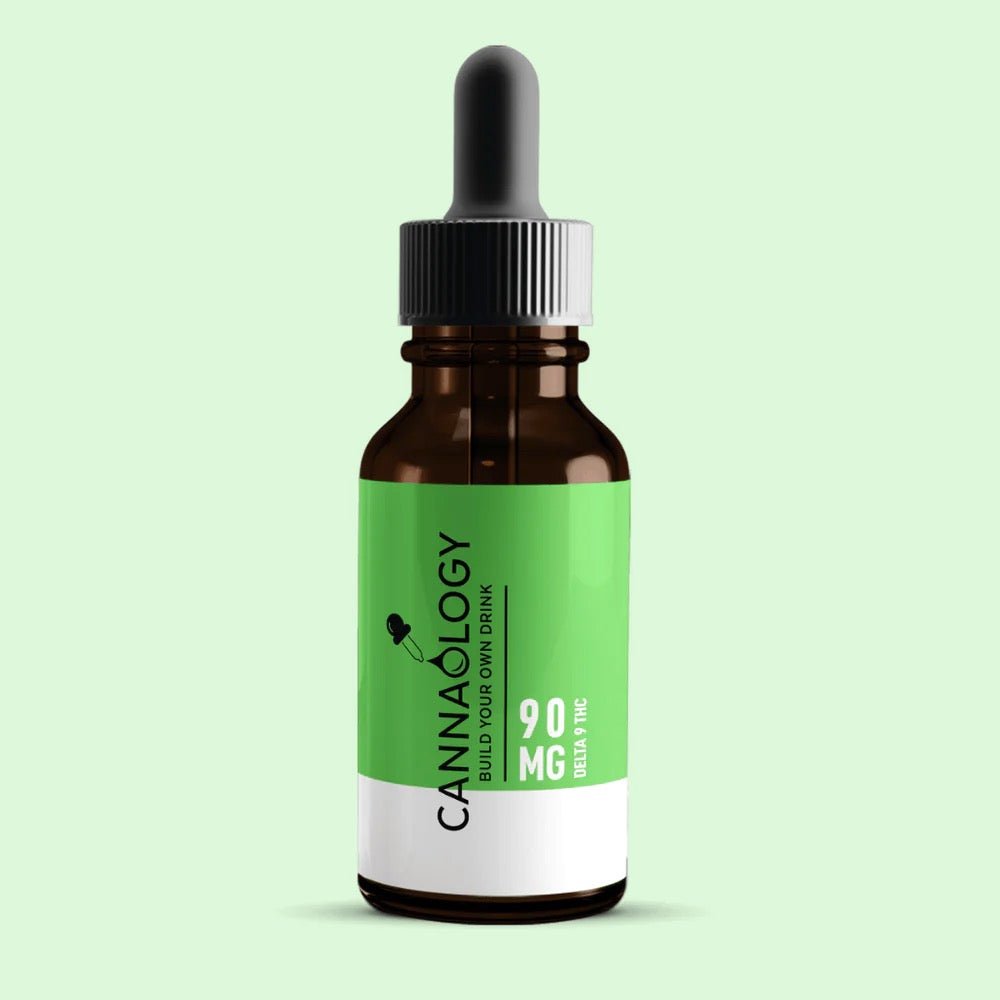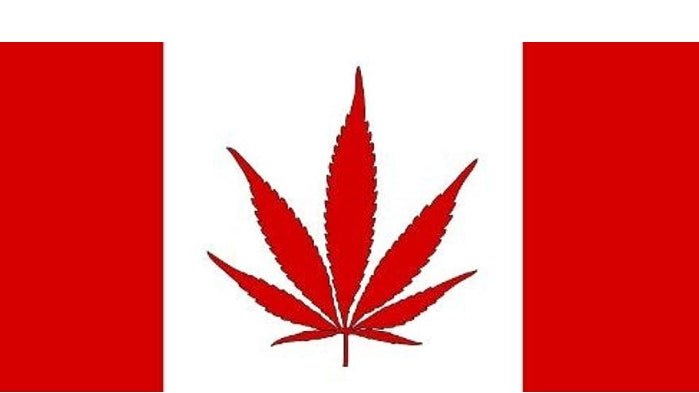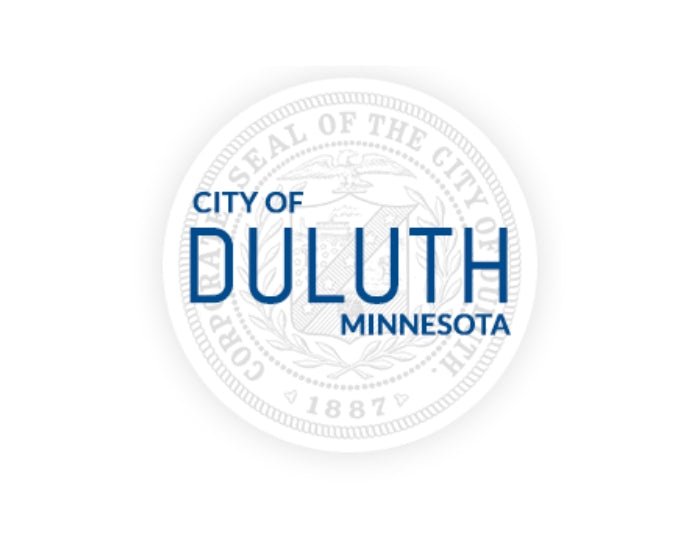The new study points to inaction on the part of the FDA to regulate CBD as a significant contributing factor to the sector's rapid contraction.

The hemp industry in America is in a battle for its survival. Just five years since the 2018 Farm Bill legalized the cultivation and sale of hemp and its vast array of derivative product offerings, a new government report details the astonishing collapse of a market sector that a few years ago was a promising new economic landscape for ambitious and innovative entrepreneurs.
However, all of that has dramatically changed, according to a study conducted by the Congressional Research Service. First reported by Marijuana Moment, the new report details the problematic challenges plaguing the hemp industry as congressional lawmakers try to establish a regulatory framework for the lawful sale of hemp-derived CBD products amid the continued lack of action by the Food and Drug Administration (FDA) to monitor and regulate the popular health and wellness item.
In the report, researchers point out that the hemp market has declined precipitously since its legalization under the Farm Bill. The survey also said that the FDA's assertion that it lacks the appropriate authority to craft CBD regulations will now require action on the part of lawmakers to step in and provide the necessary legislative ammunition and guidance for the agency.
This past January, the U.S. Food and Drug Administration (FDA) released a statement announcing that it would no longer be regulating products containing the hemp-derived cannabinoid CBD. In that letter, the agency said there needs to be more information about the safety of CBD products to properly regulate them as foods or supplements under the FDA's current structure.
FDA Deputy Commissioner Janet Woodcock said, "A new regulatory pathway would benefit consumers by providing safeguards and oversight to manage and minimize risks related to CBD products."
"A new regulatory pathway would benefit consumers by providing safeguards and oversight to manage and minimize risks related to CBD products."
- FDA Deputy Commissioner Janet Woodcock
According to congressional researchers, that startling admission on the part of the FDA and the subsequent eight months of regulatory limbo that followed have contributed significantly to the overall decline in the hemp sector.
"Some claim that the lack of a federal regulatory framework for hemp-derived compounds has contributed, in part, to disruption of the U.S. hemp market, leading to both lower prices received by growers and subsequent production declines," CRS said, referencing a U.S. Department of Agriculture (USDA) report.
"Some claim that the lack of a federal regulatory framework for hemp-derived compounds has contributed, in part, to disruption of the U.S. hemp market, leading to both lower prices received by growers and subsequent production declines."
- Congressional Research Service Report on Hemp Industry Decline
According to the report, farmers only grew 28,314 acres of industrial hemp in 2022, a decline of nearly 50% from the previous year. As a result, "the value of hemp production in the open and under protection for the United States totaled $238 million, down 71 percent from 2021." In addition, floral hemp production dropped by 66%, grain hemp decreased by 44%, fiber hemp fell by 34%, seed hemp plummeted by 92% and hemp clones/transplants declined by 94%.
Advocates and stakeholders from the hemp industry have warned lawmakers and the FDA about this eventuality for some time. In an email blast, Jonathan Miller, general counsel for the U.S. Hemp Roundtable, said that the report "makes clear what has been evident in the industry for years: The economic opportunity for U.S. farmers continues to decline, with the chief culprit being FDA's inaction on regulating hemp extracts such as CBD."
"(The Report) makes clear what has been evident in the industry for years: The economic opportunity for U.S. farmers continues to decline, with the chief culprit being FDA's inaction on regulating hemp extracts such as CBD."
- Jonathan Miller, General Counsel for the U.S. Hemp Roundtable
The CRS report also details the efforts of Congress to fill the regulatory gap and provide for the lawful marketing of CBD as food items or dietary supplements. Researchers point to a recent congressional subcommittee hearing on the FDA's lack of action concerning CBD and a pair of bicameral health committees seeking expert input to assist in drafting potential legislative fixes as evidence of Congress' increasing urgency to address the issue.
As a result, a bipartisan group of lawmakers has introduced legislation to remove regulatory barriers that, according to the FDA, prevent it from approving CBD sales in the food supply or as supplements.
The measure known as The Hemp Access and Consumer Safety Act, which was also introduced during the previous session of Congress but did not advance, would exempt "hemp, hemp-derived cannabidiol, or a substance containing any other ingredient derived from hemp" from certain federal restrictions while allowing officials to establish labeling and packaging rules.
Sen. Ron Wyden (D-OR) is one of the bill's co-sponsors in the Senate. In a press release on the new legislation, he said, "Despite being legally grown in the United States for nearly five years, hemp and hemp-derived CBD are still in a regulatory gray zone that puts consumers at risk and holds producers back. The FDA says it needs Congress to act. We've got the bill to ensure equal and safe access to hemp-derived CBD."
"Despite being legally grown in the United States for nearly five years, hemp and hemp-derived CBD are still in a regulatory gray zone that puts consumers at risk and holds producers back. The FDA says it needs Congress to act. We've got the bill to ensure equal and safe access to hemp-derived CBD."
- Sen. Ron Wyden (D-OR)
The most unfortunate aspect of the entire legal and regulatory drama surrounding the hemp industry is its devastating impact on the small and medium-sized businesses comprising the market sector. Despite the losses, sales of hemp-derived CBD are projected to total nearly $6 billion in 2023, and the market is estimated to grow to over $22 billion by 2030.
Much of that revenue is generated by a legion of hard-working and imaginative entrepreneurs just asking for guidance and stability from the governmental bodies charged with providing the necessary regulations and oversight for new industries like hemp.
Industry stakeholders and congressional watchers hope the pending renewal of the Farm Bill for 2023 can provide the clarity so many on Capitol Hill and in the hemp industry are desperately seeking. Advocates have lobbied Congress to add language to the monolithic spending measure that would designate CBD and other non-intoxicating cannabinoids as food supplements.
If that were to happen, the FDA would have the legitimate authority it has asked lawmakers to provide. Likewise, the industry would no longer be held hostage in its current economic and regulatory state of limbo. The answers to these pressing issues will have to come soon.
With the summer winding down and the current legislative session nearing a close, compromises need to happen, and all necessary deals closed to ensure another promising American industry survives and begins to head back in a more positive direction.







































